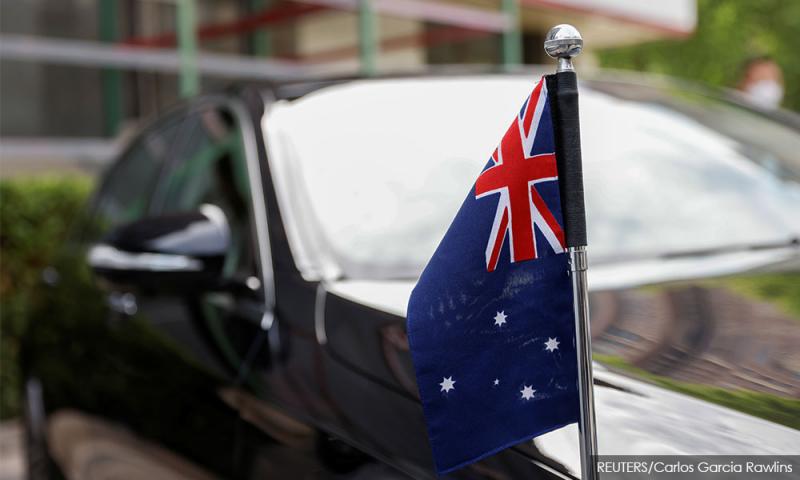Australia aims for 'responsible' budget after UK mayhem
Australia's Labor government will launch its first budget next week with warnings about global recession and tough spending choices at home, while still meeting the modest promises made to win an election earlier this year.
Keen to avoid any echo of the mayhem caused by Britain's recent mini-budget, Treasurer Jim Chalmers has put the accent on "responsible" for his effort, foreshadowing restraint on spending to support the Reserve Bank of Australia's (RBA) struggle against runaway inflation.
"My focus is on this inflation challenge, it's about responsible cost-of-living relief, it's about getting wages moving again," Chalmers told the Australian Broadcasting Corporation.
Investors seem reassured, so far, with no hint of the havoc that wrecked the UK gilt market.
Chalmers also said the previous Liberal National government had "booby-trapped" the budget with more than A$6 billion (RM17.8 billion) in unfunded spending that would have to be covered in the deficit due to be announced on Oct 25.
Fortunately, that deficit will be much smaller than first feared thanks to high prices for many of Australia's major commodity exports and a surprisingly strong labour market that has seen unemployment reach 48-year lows at 3.4 percent.
As a result, the deficit for the year to June 2022 come in at A$32 billion (RM94.9 billion), less than half the projection made back in March.
Analysts are tipping the 2022/23 deficit will range from A$25 billion (RM74.2 billion) to A$45 billion (RM133.5 billion), or around 1-1.5 percent of gross domestic product and relatively frugal by international standards.
It is likely to widen a little from there as the government expects commodity prices to ease and spending pressures to mount, particularly on healthcare and childcare.
Triple A
Natural disasters are also becoming a real headache, with flooding across the east coast this year costing billions in relief payments with more to come.
Chalmers has also flagged steep downgrades to forecasts for global growth as central banks around the world hike interest rates. The RBA has lifted its rates by 250 basis points since May, boosting bond yields and the cost of government borrowing.
Indeed, Chalmers has said the fastest growing area of spending would be borrowing costs "on the trillion dollars of debt that we've inherited".
Gross debt is expected to peak around A$1.1 trillion (RM3.3 trillion), though again that is moderate by international standards. On the IMF measure, Australia's gross debt is around 57 percent of GDP, compared to 71 percent in Germany, 87 percent in Britain and 122 percent in the US.
This is a major reason Australia is one of only eight nations that can boast a triple-A credit rating.
"For the years ahead, a budget deficit of 1.0 percent-1.5 percent of GDP will be an important part of fiscal policy working hand-in-hand with monetary policy to help the economy through the period of surging inflation and slower global economic growth," said Stephen Halmarick, chief economist at CBA.
"Small budget deficits will also help net debt decline as a share of GDP, adding comfort to Australia's AAA credit rating."
- Reuters
RM12.50 / month
- Unlimited access to award-winning journalism
- Comment and share your opinions on all our articles
- Gift interesting stories to your friends
- Tax deductable

 Reuters
Reuters